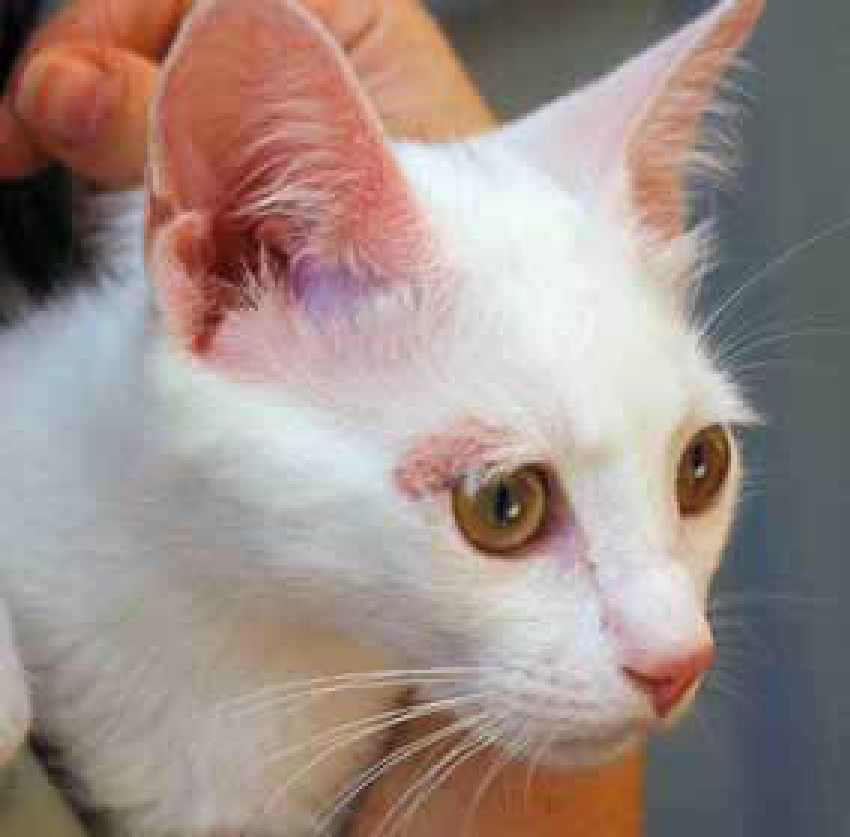Dermatophytosis in cats and dogs
Abstract
Dermatophytoses are a common dermatological disease. They can be challenging to manage as they are expensive to treat, difficult to control and zoonotic. Correct identification through good laboratory analysis is essential, with fungal culture being the gold standard. Knowledge of drugs available to treat dermatophytosis is helpful, although most animals with a competent immune system will resolve their dermatophyte infection spontaneously. Treatment of animals in multi-pet households or where there are young children or immuno compromised individuals is essential because of the highly contagious, zoonotic nature of this disease.
Dermatophytosis is one of the most common dermatological diseases seen in pets. It can be challenging to manage as it is expensive to treat, difficult to control and zoonotic. Correct identification through good laboratory analysis is essential and knowledge of drugs available to treat dermatophytosis is helpful.
Dermatophytosis is more common in cats than dogs and prevalence is higher in geographical areas with a warm and humid climate (Scott et al, 2001).
Microsporum canis — 90% of cats with ringworm have this type, 60% of dogs are likely to have caught it from a cat. Persians are genetically predisposed. (Gaudiano, 2005) (Figure 1)
Microsporum gypseum — contracted through contact with contaminated soil, rare in the UK. Causes kerions (a nodule accompanied by a deep suppurating inflammatory response)
Trichophyton mentagrophytes — carried by wild rodents. Only 30% of dogs with dermatophytosis have this type, mostly Jack Russell terriers as they tend to attack these rodents (Gaudiano, 2005) (Figure 2)

Register now to continue reading
Thank you for visiting The Veterinary Nurse and reading some of our peer-reviewed content for veterinary professionals. To continue reading this article, please register today.
